This fantastic freshwater bird is a lesson in how water management can impact wildlife.
Meet the Basra reed warbler
The Basra reed warbler (Acrocephalus griseldis) is an endemic breeder in East and southern Iraq, Kuwait, and Israel. If you’re in the area, you may spot it by its cold grey-olive-brown plumage and whitish underparts, or follow its gruff ‘chaar’ call and quiet, slow song mixed with deep, bulbul-like notes.
Its preferred environment depends on the time of year. When migrating or wintering, the species is found in thickets and bushlands. Other times its aquatic vegetation in or around shallow, fresh or brackish water, that the species will call home. You can’t beat a dense bed of papyrus and reeds, according to the species.
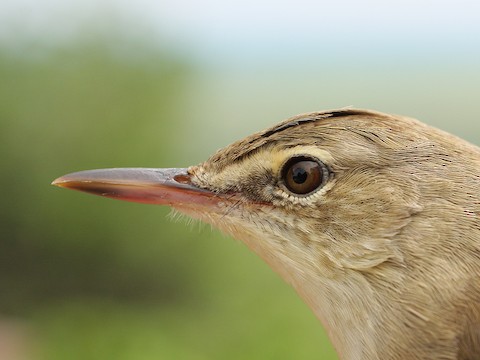
Dam(n) issues
The Basra reed warbler is one of the 50 landmark species at high risk of extinction identified in SHOAL’s Fantastic Freshwater* report. Published on 19th May 2022 (International Day for Biodiversity), Fantastic Freshwater highlights the diversity and beauty of freshwater species and the immense threats they face to their survival.
For a lesson in how water management can impact wildlife, you can look at the Basra reed warbler. The species’ shallow, marshy wetland habitat has suffered significant loss due to major hydrological projects since the 1950s, from dams preventing water from entering the wetlands, to drainage of the Mesopotamian Marshes in Iraq. This has, in turn, resulted in rapid decline of the species.
The species is being threatened by:
- Large-scale hydrological projects causing habitat loss
- Threats to habitat from large-scale conversion for agriculture
- Drought reducing extent of habitat
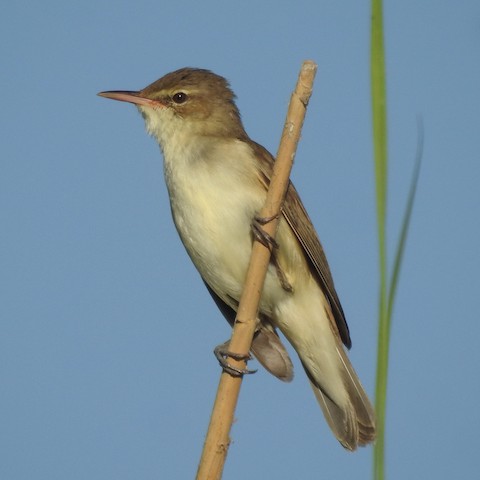
Recovery and relapse
The species’ population was thought to have stabilised with the recovery of 58% of the original marshland area as of late 2006. Major snow melts in Turkey and Iran coincided with an extensive marsh restoration project. However the Basra reed warbler faces massive decline once again in the face of drought, and more major hydrological projects such as continued upstream dam construction.
Monitoring programmes in Israel and Iraq are keeping a close eye on the future of the species.
If you want to support the work SHOAL are doing to conserve freshwater species through action-driven conservation donate here and don’t forget to subscribe to our newsletter The Stream to get all the latest freshwater news straight to your inbox
*The Fantastic Freshwater: 50 landmark species for conservation report is led by SHOAL, the IUCN Species Survival Commission (SSC), the IUCN SSC Freshwater Conservation Committee, and the Global Center for Species Survival at the Indianapolis Zoo.
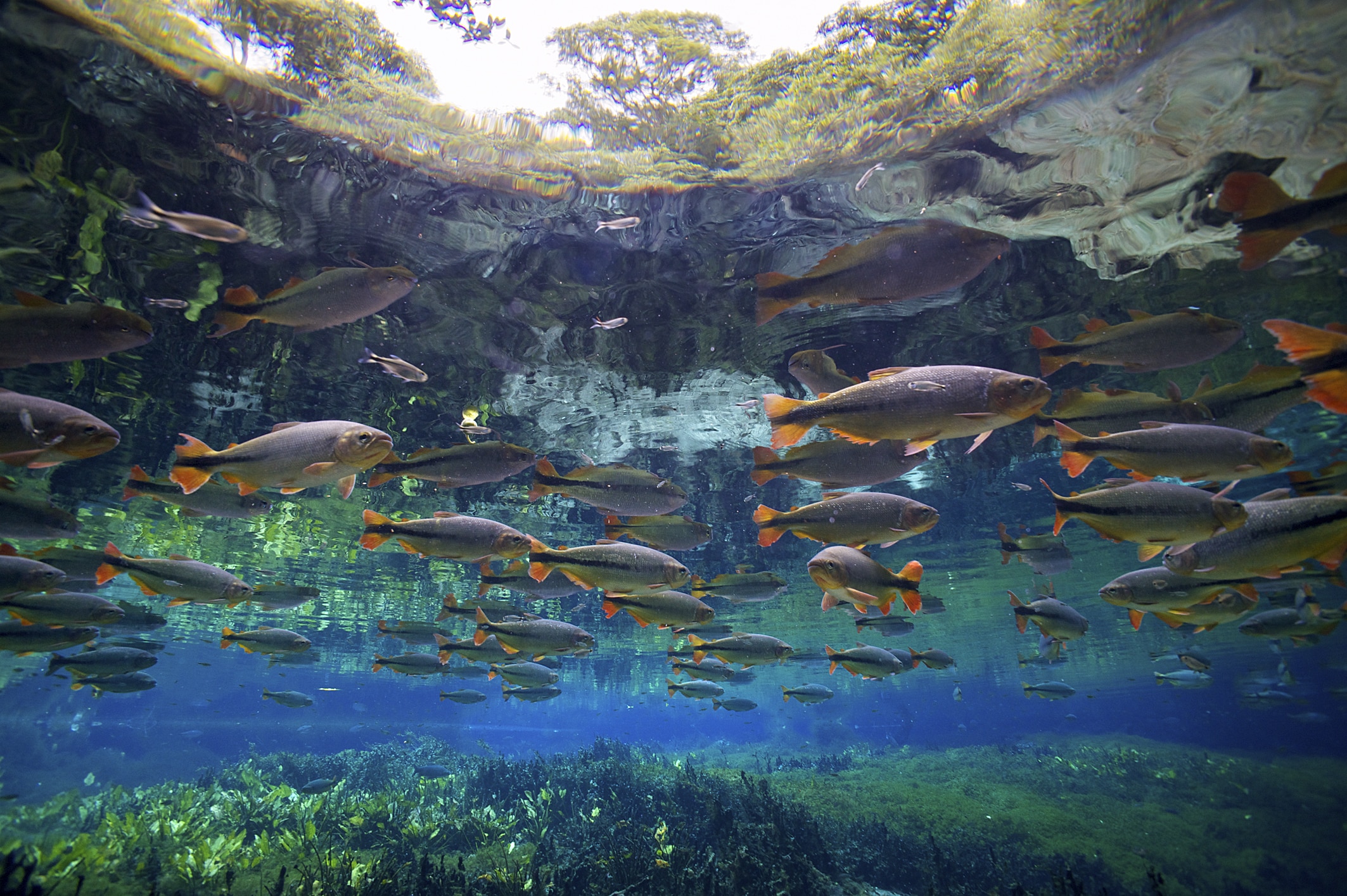
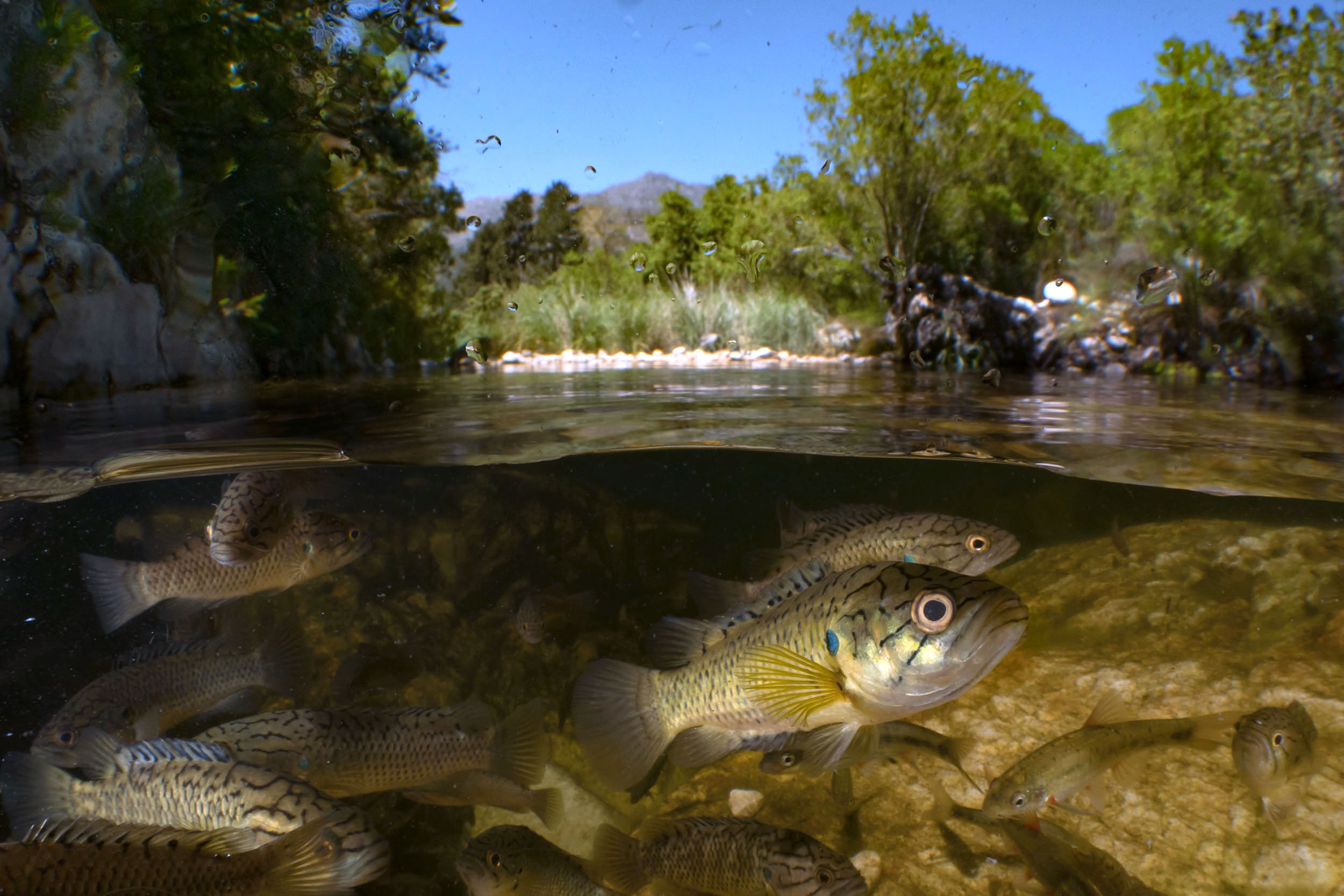
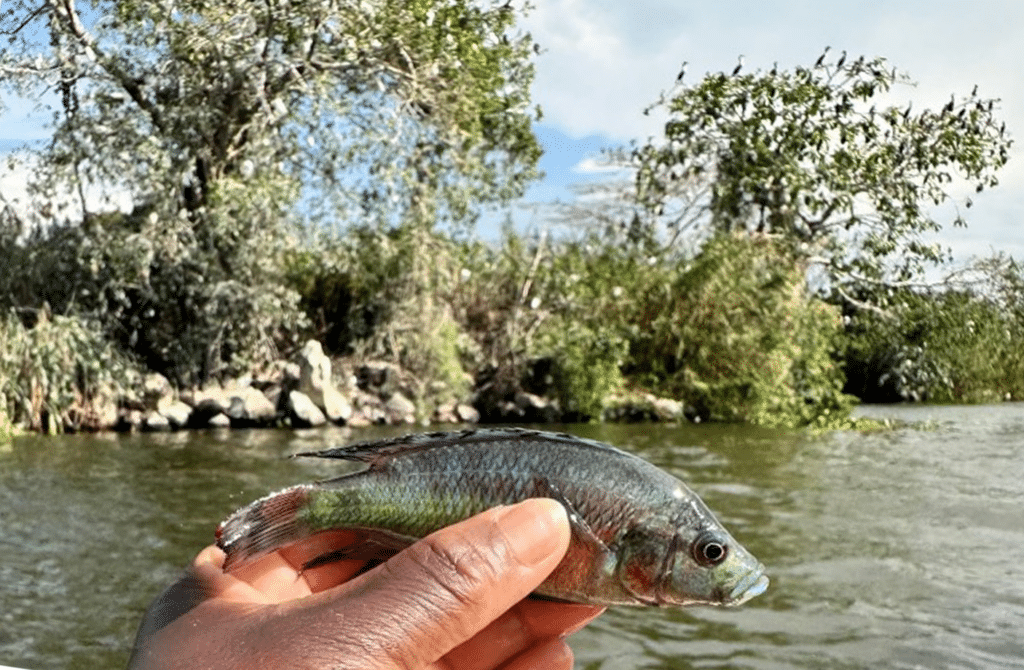)
)
)
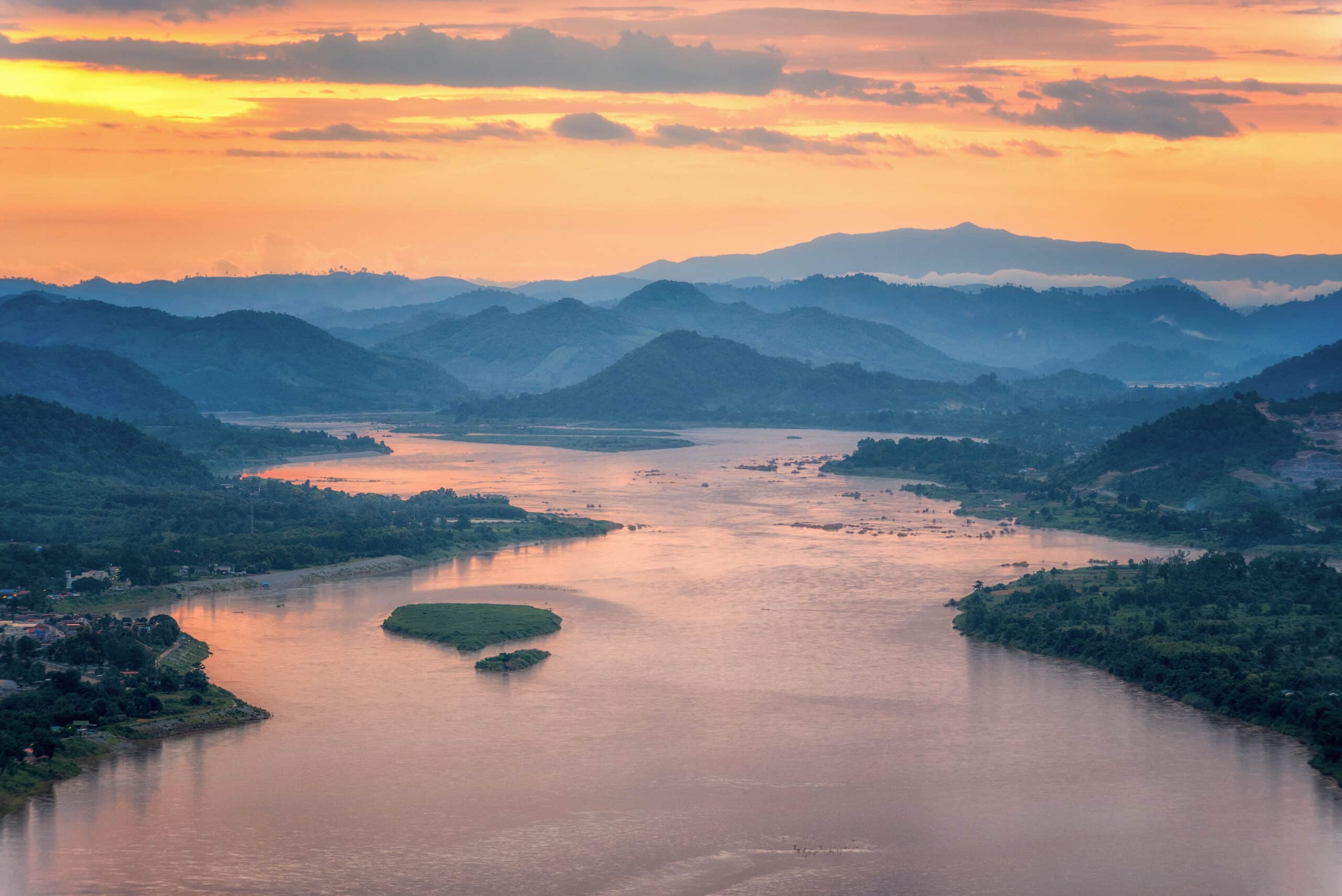
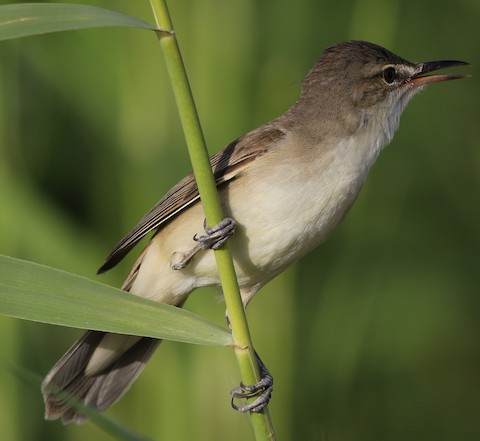)